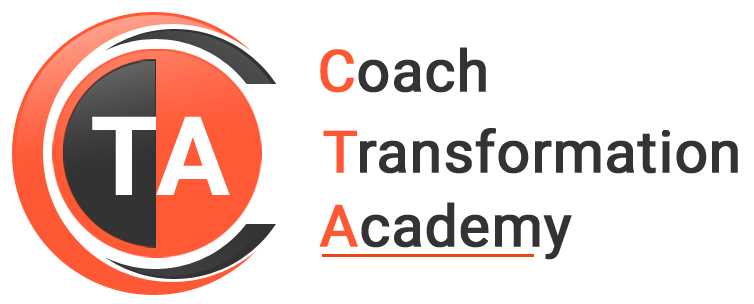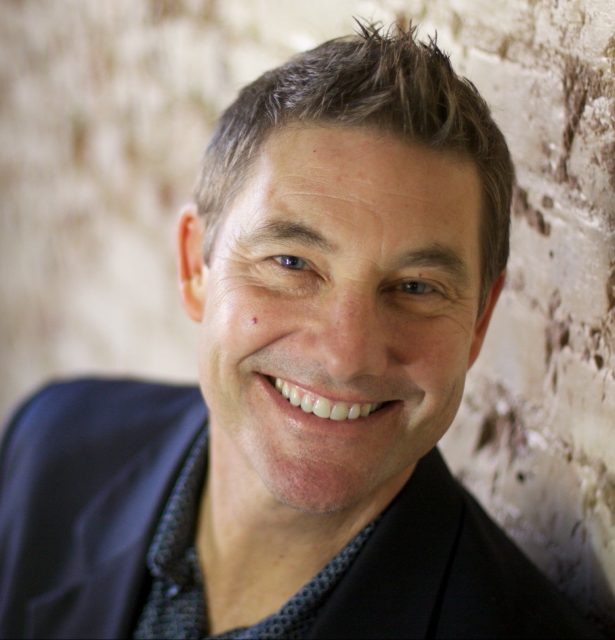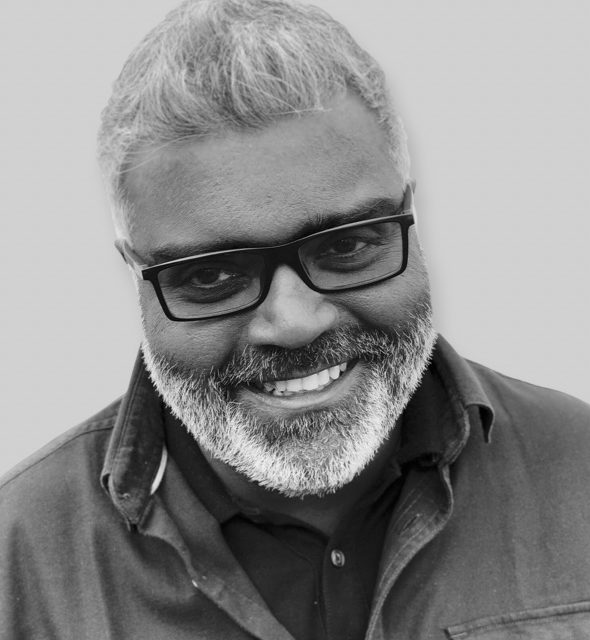
Global Managing Director: InnerLifeSkills | Author | MCC ICF Master Coach
Colleen-Joy is an MCC Master Coach and the Global Managing Director of Inner Life Skills an ICF accredited coach training business.
She mentors a select group of coaches each year to become inspiring ‘go-to in-demand coaches’ in their field.
With 30 years of experience, she has taught over 35,000 people in 60 countries, written 3 published books, appeared as a frequent expert television, radio and podcast guest, and delivered over 4,000 master coaching classes. When Colleen isn’t working, you’ll find her driving her muddy 4×4 to wild African spaces, painting art commissions or meditating.
Keynotes
Two Key Adaptations
- Adapted Coaching Style
- Adapted Coaching Offers
Adapted Coaching Style
- As coaches, we are taught to focus on the solution and hold a space or guide through questions.
- If somebody is struggling or stressed, it feels unnatural to force a re-frame.
If we want to change an unconscious habit, we activate the frontal lobe of the cortex. We need to be in a relaxed, open, receptive state. This state is responsible for creative thinking, inspiration, and intuition. - When someone is very stressed, he is in a sympathetic nervous system, which is fight or flight. And they’re having this very primitive part of the brain in charge.
- So if you are relying on traditional coaching skills and traditional coaching questions, you go with all your knowledge and tools. You don’t know this. You’re going to jump straight into a logical reasoning conversation where there’s inspiration and intuition. Your client will shut down.
When the client says I don’t know
- Sometimes clients stare at you and wonder why you aren’t helping them. They don’t know. They’re exhausted.
- When you see that type of dynamic, you’re not doing anything wrong per se. We’re trying to apply our traditional coaching style.
- Immediately when your client is calm and creative, you can reframe negative to a positive, help them focus on what they do want instead of what they don’t want.
- So if a client says they’re tired of being stressed, the traditional coaching reframe is something like, if you weren’t stressed, what would you prefer to feel?
- When somebody is stressed or suffering, that becomes not only frustrating and difficult, it can actually break rapport. It can actually cause your client to think you’re not listening.
Reframing from focusing on the past
- When somebody is stressed and suffering, we all know that you can’t go there yet easily without a little bit of room for that story about what happened.
- Coaches who aren’t equipped to make this transition really struggle.
- Slow breathing (not deep breathing) can be a proven way to switch from sympathetic nervous dominance, which is the stressed nervous system to the parasympathetic nervous system.
Getting past the gatekeepers
- When you want to coach somebody who’s in a stressed state, I want you to imagine that they’ve got some gatekeepers, bouncers.
- When we’re stressed, we tend to feel a fluttering like butterflies or tightness in our abdomen or tightening in the throat.
- Our tone of voice has a way of soothing the mammalian part of the brain, which is the limbic system.
- When we are stressed, our voices tend to go a little bit high pitched. That’s when the stress nervous system is online.
- When coaches have a high pitched tone, it amplifies the stress of our clients. The more sensitive the topic is, the more stressed out the client is.
Be equal
- Instead of feeling sorry for someone, dominating a solution, or pushing too hard, try not to feel intimidated.
- Be equal to their suffering.
- Be willing to sit in the space with somebody who’s stressed or somebody who’s suffering. Don’t try to rush or reframe. Use your breathing.
- Use somatic awareness. Slow down your silence and space.
- Tapping into ICF Competencies
- We can consciously remind ourselves to be comfortable in the unknown.
- Think of yourself as paddling down a river with your clients in a little boat. You have to be willing to be courageous about not knowing where the river will turn in your sessions.
- Being willing to have the client be vulnerable. Let your clients be vulnerable.
- You’re not bringing in your hammer to beat your client into a perfect client. Instead, you have a sense of complete ease and naturalness in the conversation.
Adaptation as Coaches
- What adaptation do we need to make as coaches that are helpful to market ourselves and put ourselves out there?
- Most of the top coaches do not offer a single service. They don’t have a niche.
- When having a client conversation, focus on the big four coaching services or niches. The big four are Life Coaching, Business Coaching, Executive Coaching, Enneagram coaching.
- Custom-build client solutions, blend different niches, specialities. Don’t box yourself.
- Show up as a human being, not an infomercial.
Serving at the highest
- Have a conversation where you’re listening for an excavation where the stress and struggle is.
- When you’ve done this enough times, when you get enough “yes”, as something works. That’s what you put online. And that’s what you show as your niche to the world.
- Customize your coaching solutions. Have human conversations where you’re looking, how you can be of service.
- Go for the big four if you can.
- So what are you going to do for yourself to handle the challenge of growing your coaching business?
What is Pure Coaching
- Pure Coaching is where the coach doesn’t choose the topic and let the client lead entirely.
- Blended Coaching is when it’s contextual coaching. If you can empower someone without giving any advice in that pure space, it’s going to make you a better blended coach.
💎 Nuggets from Colleen-Joy Page
- Silence is often a sign of natural leadership.
- Invite yourself to realize that coaching at its highest is really being comfortable in the unknown.
- Have as many human conversations as you can.
- Be flexible. Do not climb in a box of a niche until you’re ready.
🧭 “In the beginning stages of a coaching career, you need to have as many human conversations with clients as you can. You show up as a human being and not infomercials.”
– Colleen-Joy Page
🎥 If you missed or want to rewatch our webinar with Colleen-Joy Page on “Critical Coaching Skills & Strategies for Challenging Times”, catch up now: https://youtu.be/hdYrDvP2WiA
📣 A big shoutout to Colleen-Joy Page for sharing the such pragmatic approach to coaching! ❤️
Don’t miss out on this one. Stay tuned for the next episode!




